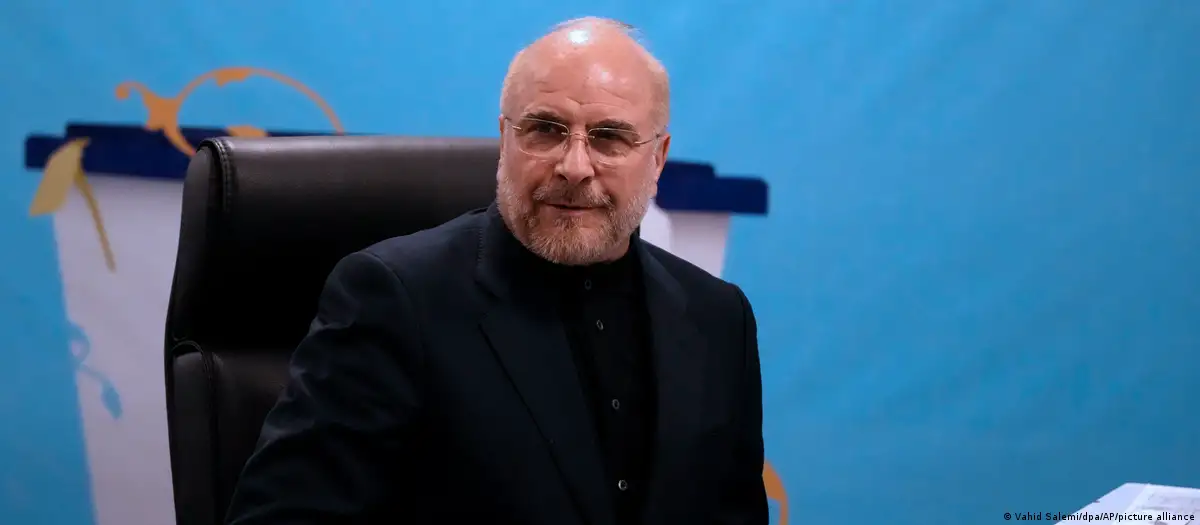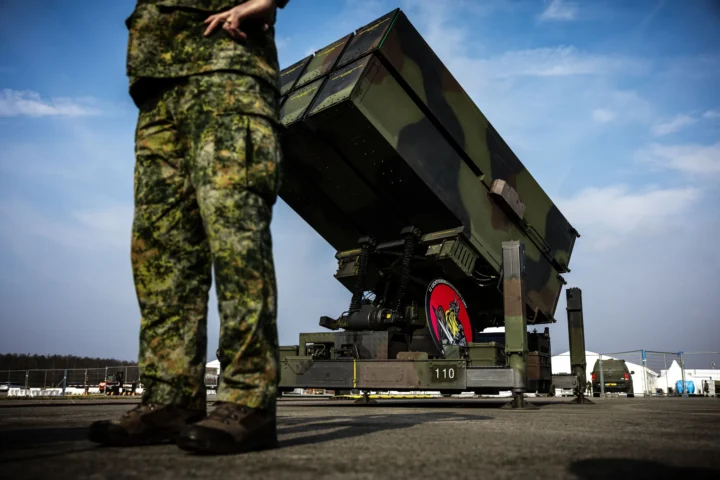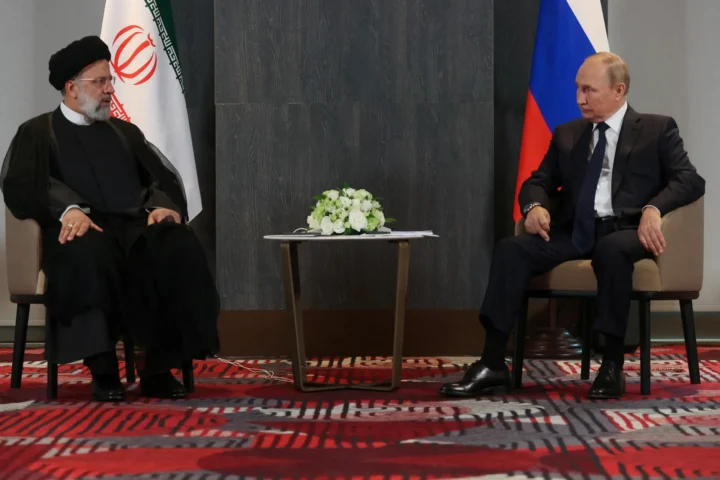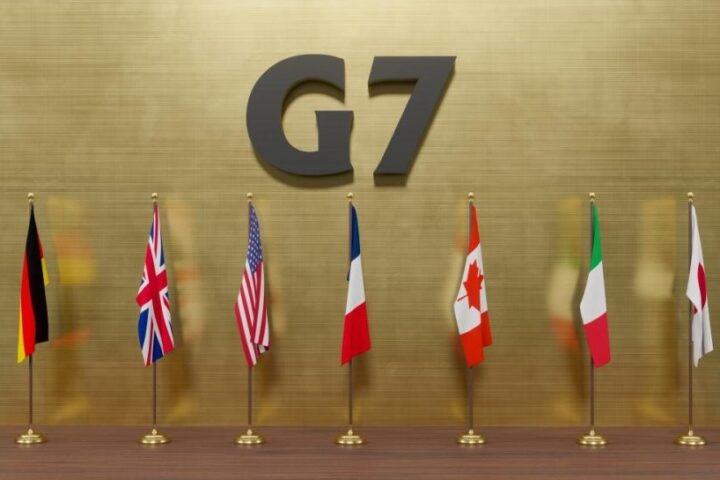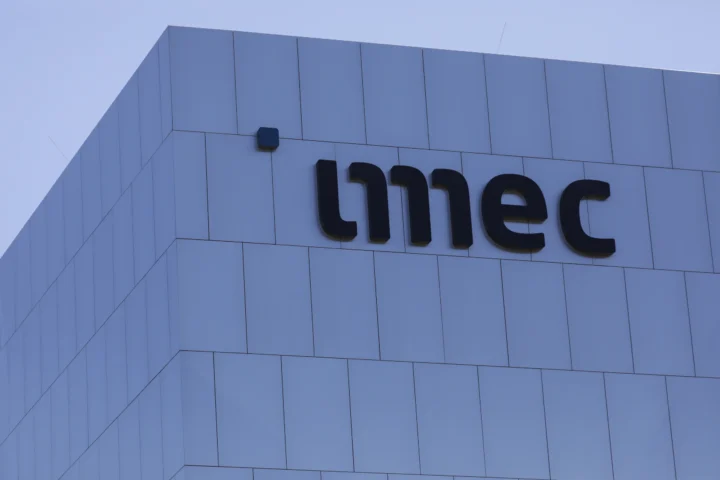A total of 80 Iranians had applied to become candidates for the presidential election later this month. Six have been approved by the Guardian Council, with only one of the candidates coming from the reformist camp.
Iran on Sunday announced the six candidates, mostly conservatives, who have been approved to run in the June 28 presidential election to replace President Ebrahim Raisi.
Raisi was killed in a helicopter crash in country’s far northwest last month.
The candidates were chosen by the Guardian Council, which oversees elections in the Islamic Republic, from 80 registered hopefuls, the Interior Ministry said.
Of the six candidates, five are considered hardliners and only one is from the reformist camp.
Mahmoud Ahmadinejad, a firebrand populist known for his crackdowns following his controversial 2009 election, was again banned from running. No women were approved as candidates.
Others, including the moderate former speaker of parliament, Ali Larijani, and Vahid Haghanian, a former commander in Iran’s Revolutionary Guards, were also barred from running.
Four women also registered to run, but were disqualified. This has been the case in every presidential election since the 1979 Islamic Revolution.
Who are the approved candidates?
Parliament Speaker Mohammed Bagher Qalibaf, a former Tehran mayor with close ties to the country’s paramilitary Revolutionary Guard, remains the most prominent candidate. He ran unsuccessfully in 2005 and 2013.
Only one reformist candidate, Massoud Pezeshkian, a lawmaker representing Tabriz in the Iranian parliament, was approved.
Other candidates include: Saeed Jalili, former chief nuclear negotiator; Amir-Hossein Ghazizadeh Hashemi, the ultraconservative chairman of the Foundation of Martyrs and Veterans Affairs; Mostafa Pourmohammadi, Islamic scholar and a former interior and justice minister; and Alireza Zakani, the current mayor of Tehran.
So far, none of the candidates has offered specific programs. But all have promised to improve the country’s economic situation as it reels from US and other Western sanctions over its nuclear program.
The election campaign is likely to include live televised debates between the candidates on Iran’s state broadcaster, as well as advertising on billboards.
What is the Guardian Council?
The Guardian Council’s decision marks the start of an abbreviated, two-week campaign to replace Raisi, who was once seen as a possible successor to 85-year-old Supreme Leader Ayatollah Ali Khamenei.
In Iran, the president is not the head of state but the head of government. Meanwhile, real power is concentrated in the hands of the religious leader, Khamenei, who also wields considerable influence over the Guardian Council.
The council consists of 12 Islamic clerics and jurists, half of whom are elected by parliament and half of whom are appointed by Khamenei. It decides on the constitutionality of laws and the qualifications of candidates in elections.
As a result, voters can only choose from a group of candidates loyal to the system. Because of its prominent role in the political system, the Guardian Council has been criticized in the past as an undemocratic body.
